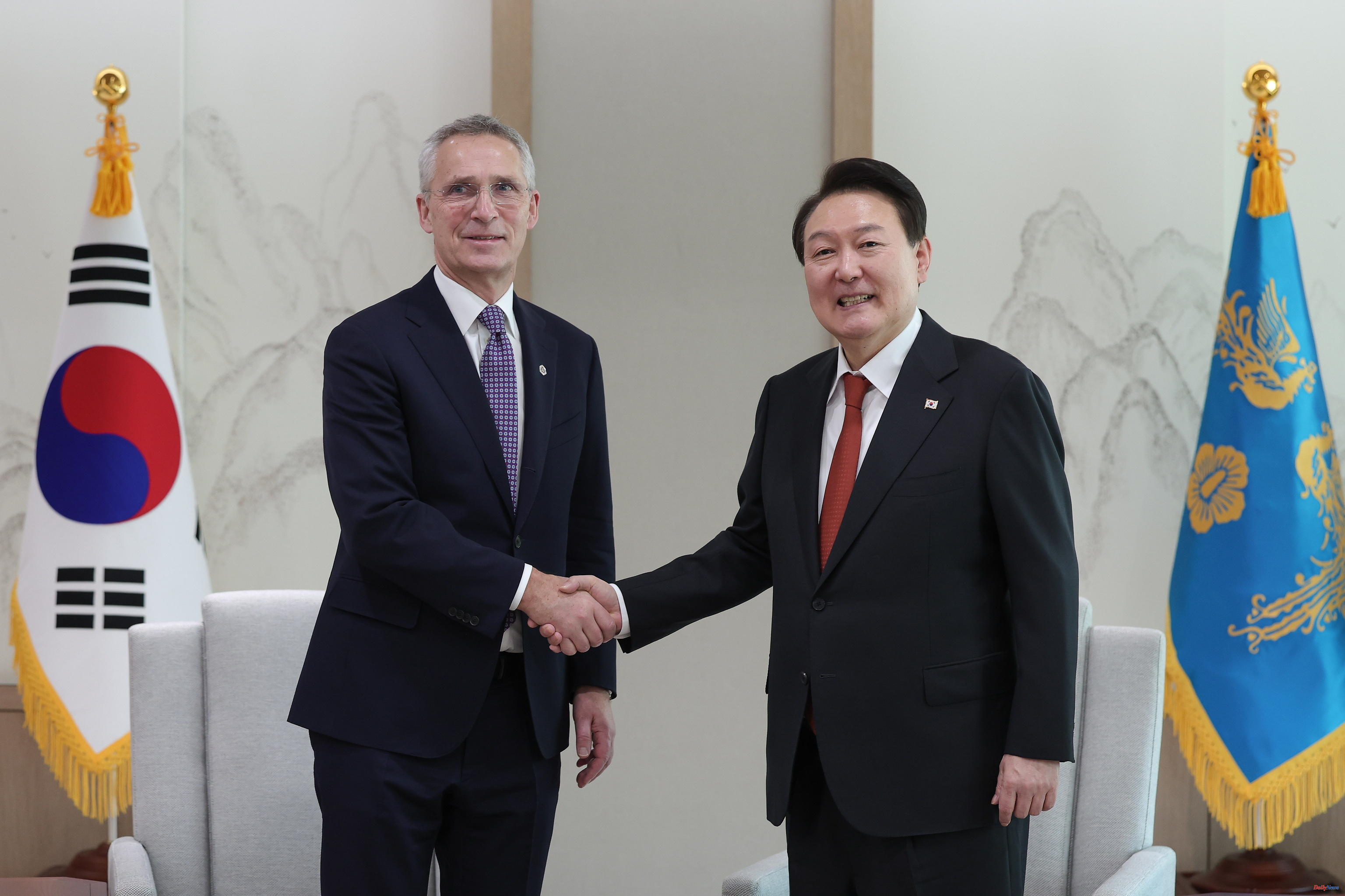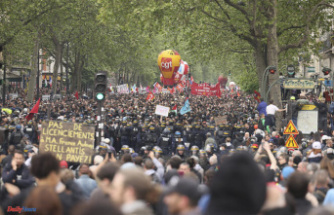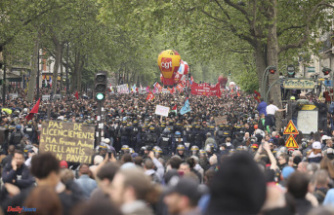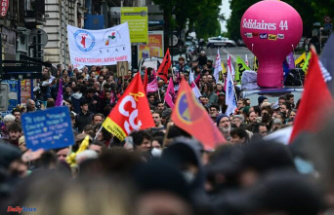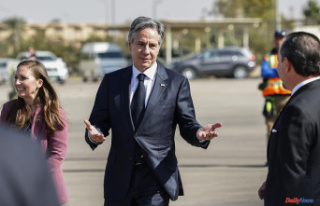NATO once again roams the great democracies of Asia seeking to strengthen ties with important players on the global geopolitical table, such as Japan and South Korea, who have never been so close to the Alliance. Last year, there was a historic turn when the leaders of Tokyo and Seoul attended the NATO summit in Madrid, confirming their position as one with the West against the Russia that attacked Ukraine and against a China that every day expands its influence.
On Sunday, NATO Secretary General Jens Stoltenberg landed in Seoul, the first stop on an Asian tour that a day later took him to Tokyo and in which he seeks to strengthen ties with partners in the region.
Stoltenberg's trip closed a hot week in which the Western allies have finally decided to send tanks to Ukraine. For this reason, the NATO leader did not hesitate on Monday to urge South Korea to send weapons to kyiv, despite the Asian country's historical law that does not allow it to provide weapons to countries in conflict. Stoltenberg knows this and has reminded South Korean President Yoon Suk-yeol that other nations like Germany, Sweden and Norway, which had similar policies, have changed them.
"I urge the ROK to continue and intensify the specific issue of military support," Stoltenberg said. "If we don't want autocracy and tyranny to win, then Ukrainians need weapons, that's the reality," he continued. What South Korea did do recently was sign a deal with Poland to provide heavy tanks, self-propelled artillery and combat training aircraft, freeing Warsaw to deliver its own equipment to Ukraine.
South Korea, like Japan, has sent Ukraine humanitarian aid and non-lethal military equipment. Tokyo, in the midst of a historic rearmament after passing its biggest military budget in decades, is also constrained by self-imposed rules against sending offensive weapons to a country embroiled in conflict. Instead, many voices have been heard in Tokyo of late that the growing popular support for Ukraine may prompt lawmakers to sit down to debate whether to lift that rule.
South Korea and Japan have been moving ever closer to NATO for months, working together on cyber security, maritime programs and emerging technologies. Last year, Seoul established its first diplomatic mission to the alliance at its headquarters in Brussels. That was shortly after it became the first nation in Asia to join NATO's Cyber Defense Group, a cyber defense center established in 2008 after a Russian cyberattack crippled Estonian state networks. It is made up of 32 countries, including 27 NATO states.
In Tokyo, in 2022, the head of the alliance's Military Committee, Rob Bauer, was already there. A visit that coincided with naval exercises in the Mediterranean by the Japan Maritime Self-Defense Force with NATO, while Japanese and US fighter jets were also conducting joint flight exercises over the Sea of Japan. "The security of Europe and Asia are closely intertwined, especially now that the international community is facing serious challenges," said then-Japanese Defense Minister Nobuo Kishi.
Just before taking the plane to Seoul, Stoltenberg gave an interview to the South Korean agency Yonhap over the weekend. "The most important message is that we need to strengthen the partnership between South Korea and NATO as security becomes increasingly interconnected. What happens in Asia and the Indo-Pacific affects Europe and NATO and vice versa." Stoltenberg noted.
The former prime minister of Norway wanted to recall that NATO is on alert against "growing threats from China, which is modernizing its military arsenal and seeking to expand its nuclear and long-range ballistic missile capabilities capable of reaching member countries of NATO significantly and quickly".
After Stoltenberg's visit to Seoul, there was an assessment from North Korea, another of the protagonists of the NATO chief's discussions with his Asian partners, which has not stopped heating up the region with its inexhaustible missile launches. For Pyongyang, Stoltenberg's visit signifies a "prelude to confrontation and war" as it brings "the dark clouds of a new Cold War to the Asia-Pacific region."
Last week, faced with the persistent North Korean threat, the South Korean president said for the first time that his country would consider developing its own nuclear weapons or could ask its ally the United States to deploy tactical nuclear weapons on its soil. "Nuclear deterrence is still an extremely important task to accomplish as long as atomic weapons exist and as long as there are authoritarian powers that have them like Russia and invest heavily to mobilize them, as we see China do, increasing the number and scope of assets, which North Korea is also doing," Stoltenberg said.
Washington and Seoul officials have said the two countries plan to hold joint nuclear drills in February to deter Pyongyang. Precisely from the White House, coinciding with the trip of the head of NATO, the US Secretary of Defense, Lloyd Austin, has been sent to Seoul on Monday, who plans to meet with his South Korean counterpart to discuss greater US military and nuclear support for seoul.
According to the criteria of The Trust Project

